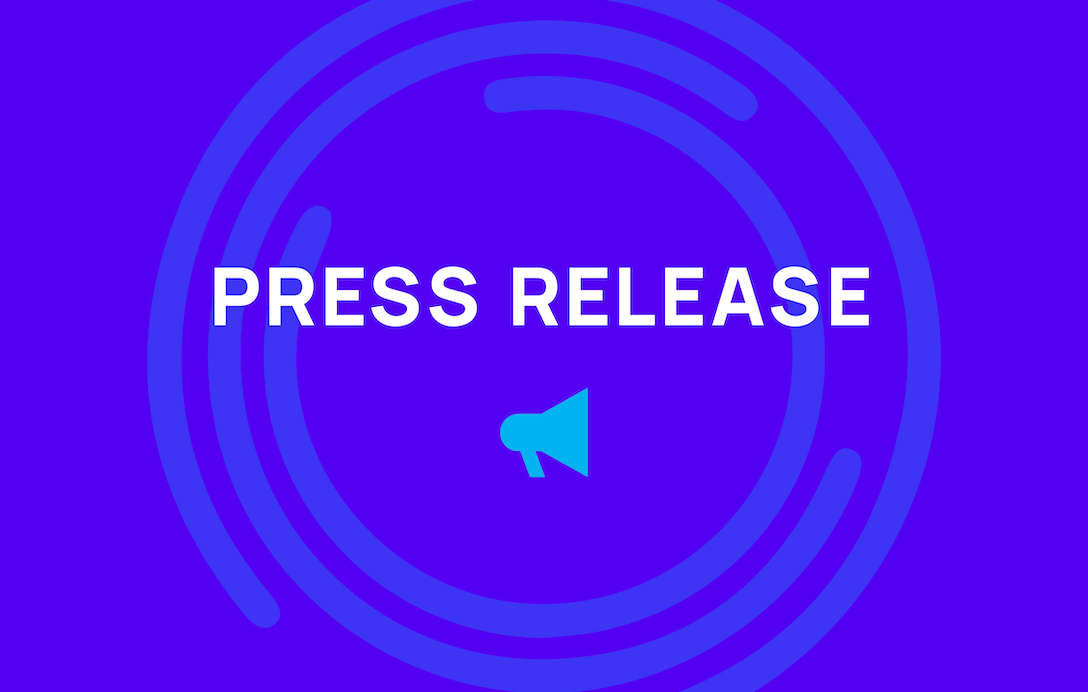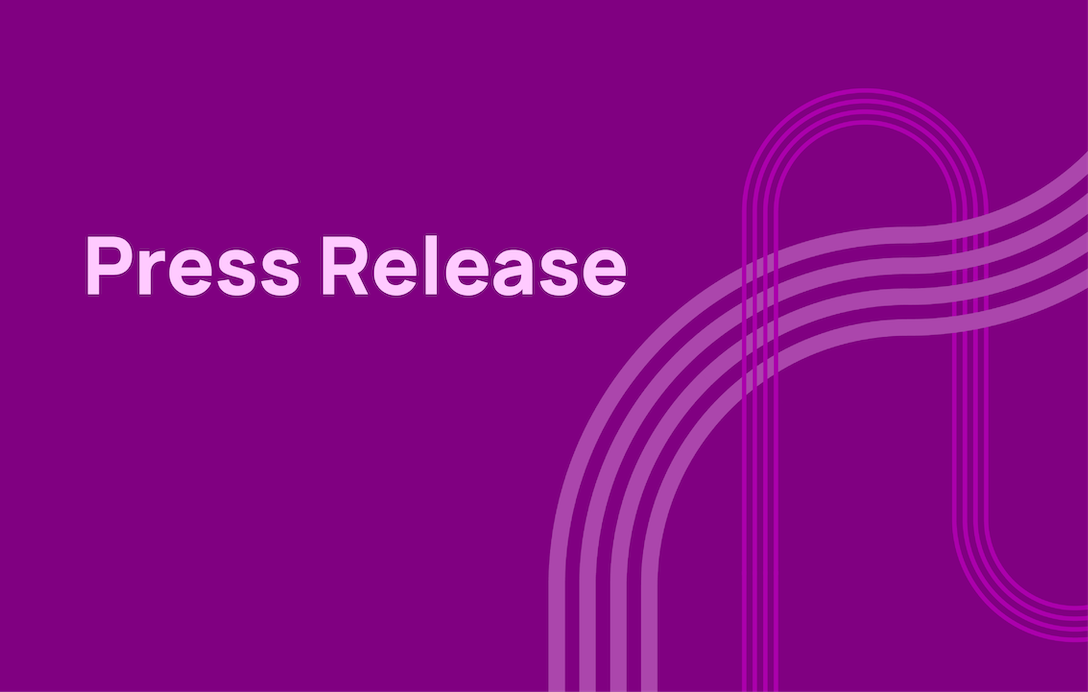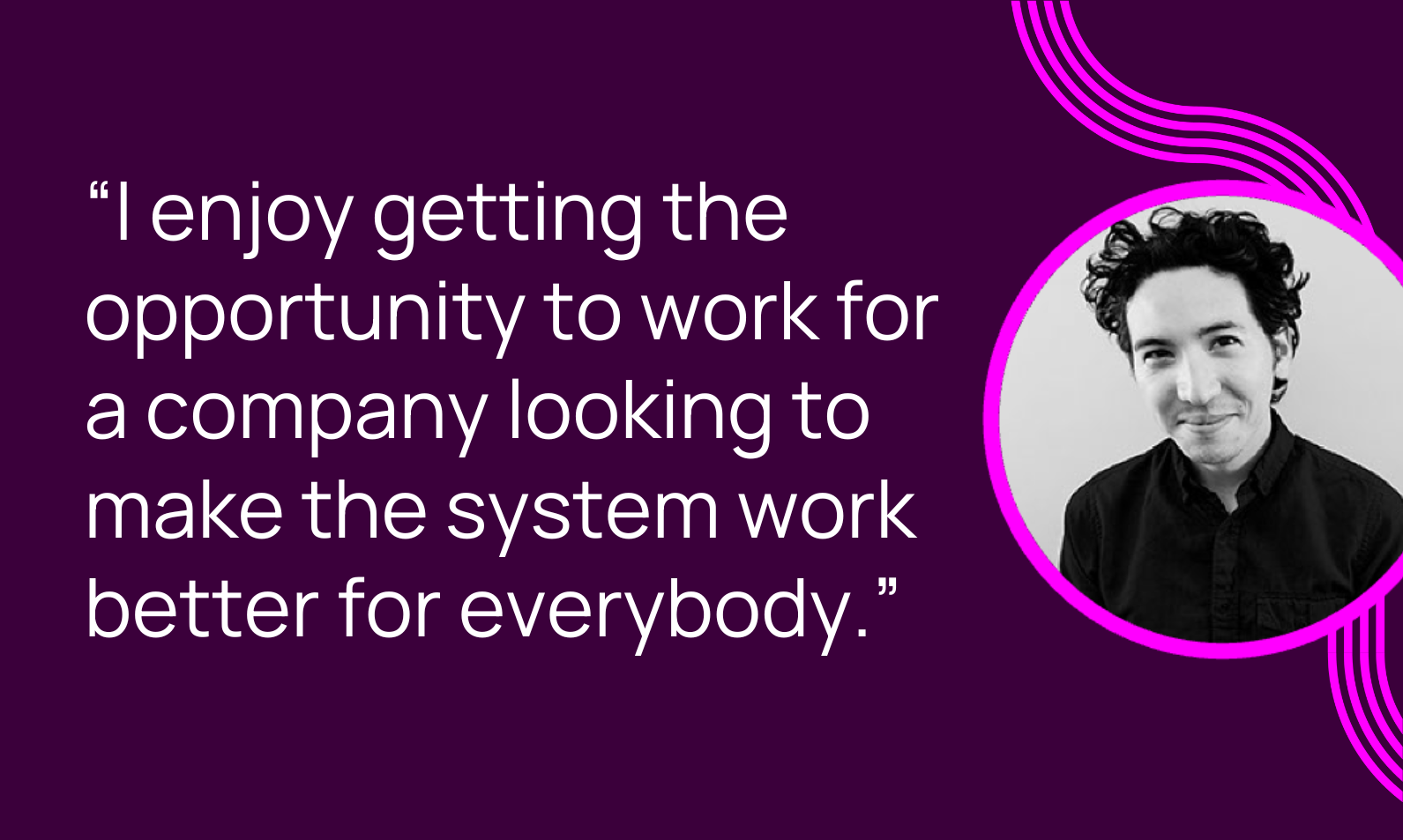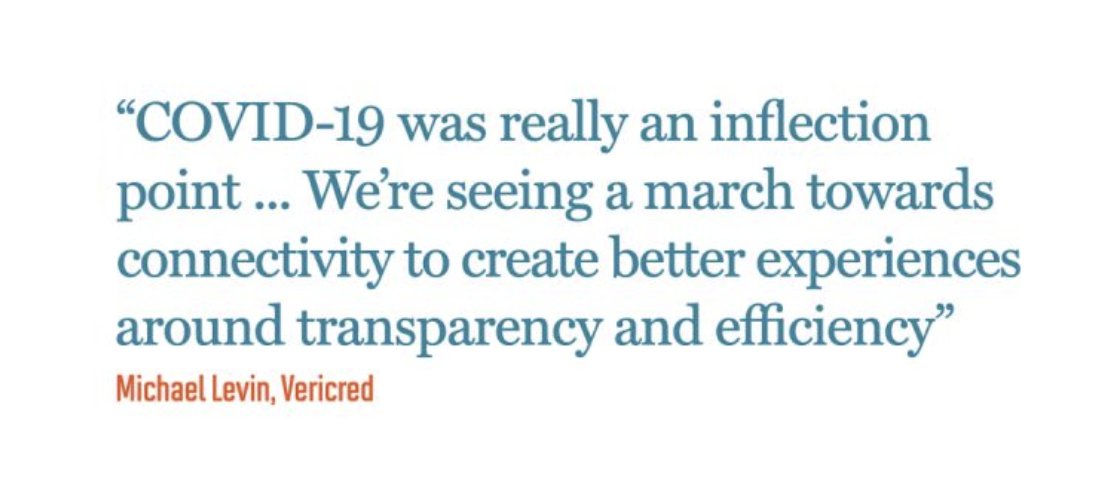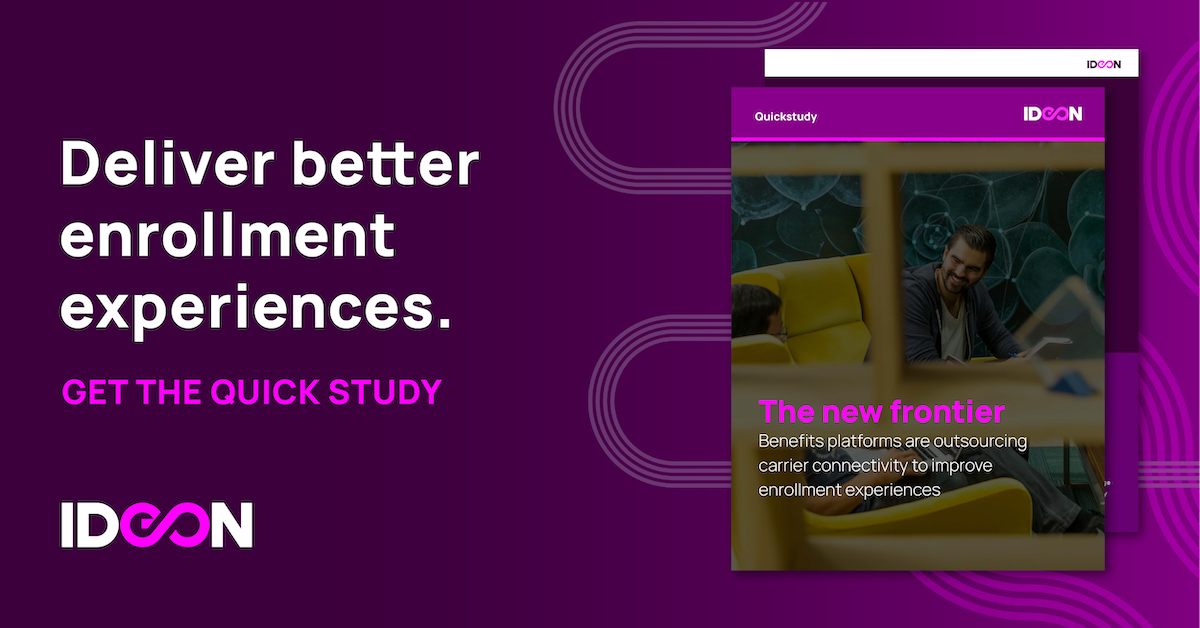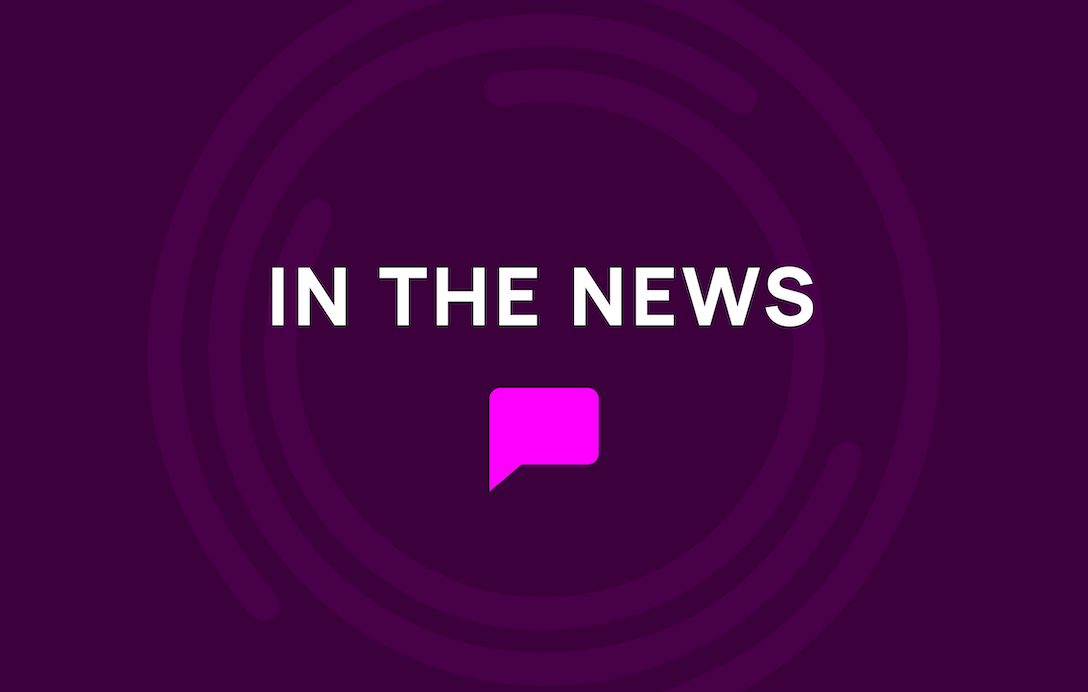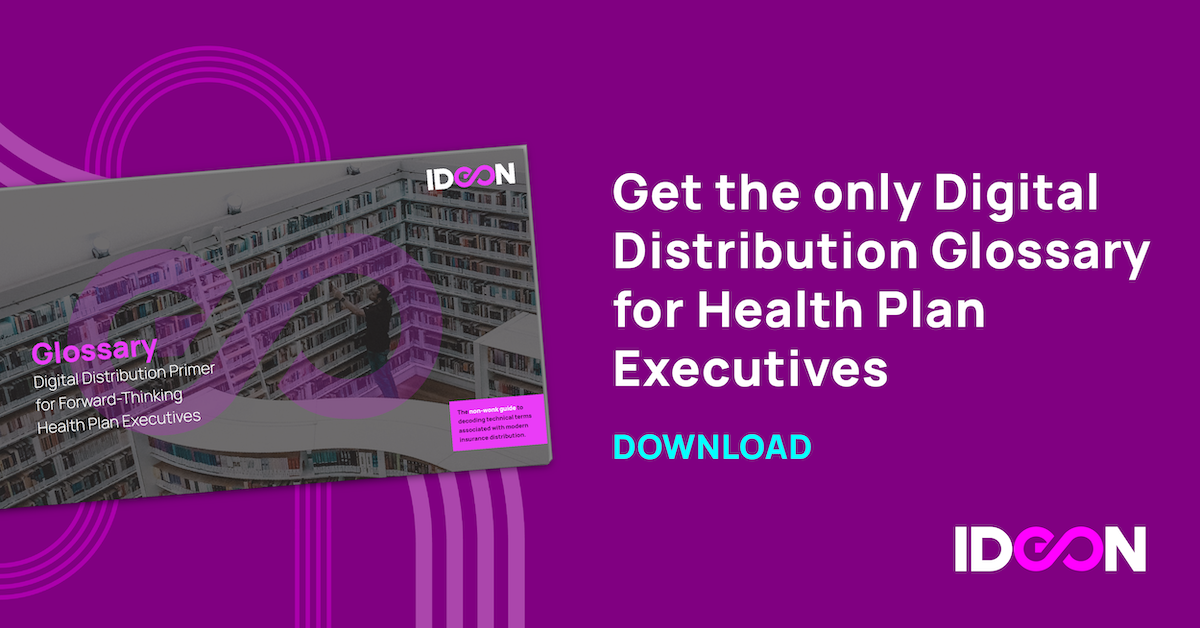**NOTE: Ideon is the company formerly known as Vericred. Vericred began operating as Ideon on May 18, 2022.**
Adding two new lines of coverage, Vericred offers the only API enabling group medical, vision, dental, life, and disability insurance quoting
November 9, 2021 – Vericred, the API platform powering digital quote-to-card experiences in health insurance and benefits, today announced it has added group life and disability insurance lines of coverage to its industry-leading, multi-carrier Group Rating API (application programming interface). Employee benefits quoting platforms now have one API from which to power a multi-line, data-driven quoting experience for brokers and employers.
Guardian Life is among the first life and disability insurance carriers to partner with Vericred at launch of the expanded API. The Group Rating API enables carriers to augment the distribution of their products through more digital sales channels, including benefits-focused insurtechs.
Using the enhanced Group Rating API, Vericred’s quoting platform customers can now easily quote and compare all of the most commonly offered benefits without building and maintaining their own carrier connectivity and rating engines. More than 300 insurance carriers and 100 insurtech companies rely on Vericred for digital connectivity and seamless data exchange, including industry leaders Cigna, Guardian, Humana, Principal, Rippling, Gusto, and Ease.
“By adding the life and disability lines to our rating API, we are helping our quoting platform customers be more efficient, so they can spend more time serving their clients and less time on connectivity and data sourcing,” said Michael W. Levin, Vericred’s co-founder and CEO. “Vericred is a one-stop shop for employee benefits connectivity, from quote to card, supporting insurtechs, carriers, and brokers in meeting the needs of the group market today.”
About Vericred
Vericred is the way health insurance carriers and employee benefits providers connect with new technology partners to deliver seamless quote-to-card consumer experiences. We are not the websites or apps you use to choose a plan or find a doctor. We are the infrastructure. We are the ‘pipes’ that simplify the complex exchange of quoting, enrollment and eligibility data between carriers and the technology partners responsible for delivering health and employee benefits to hundreds of millions of Americans everyday. Our APIs transmit billions of data points between InsurTech and insurance carriers, powering digital distribution across the insurance industry. Come join the community of insurance geeks creating a seamless digital quote-to-card experience. Visit www.vericred.com.
